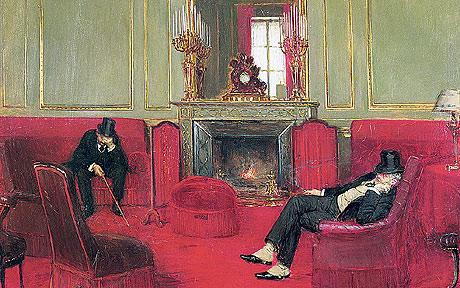|
When the grandfathers dozed in their chairs, I told my child that’s what grandfathers do. After father nodded off too, I explained he was practicing up to be a grandfather.
I don’t know who first tied virtue to sleep cycles. “Early to bed, early to rise” long predates Benjamin Franklin. Consider, for example, As the olde englysshe prouerbe sayth in this wyse. Who soo woll ryse erly shall be holy helthy & zely.* - The Book of St. Albans, 1486 Maybe it’s because teens, stereotyped as reckless and rebellious, prefer to sleep in. Of the many factors that can reset a body clock, the most nearly universal is age. Hormonal changes, not laziness, keep teens awake well into the night. Early school start times leave them with too little sleep, increasing their likelihood of risky behaviors, depression, and poor academic performance. The circadian rhythms of older adults get weaker and shift to a shorter-than-24-hour cycle. Many elders wake early, doze or nap by day, and fade soon after supper. On cognitive tests, they perform as well as younger folk in the morning but much worse in late afternoon. As with teens, sleep shortage and personal schedules at odds with their body clocks can play havoc with health, mental ability, and mood. To the extent circumstances allow, it’s wisest and healthiest to shape your life to fit your circadian rhythm. *Zely meant “fortunate.” Image: Jean Beraud, two gentlemen at sleep while wearing top hats in ‘The Club,’ painted 1911. In The Telegraph, “How many can point to a true gentleman?” Oct. 17, 2010.
0 Comments
Leave a Reply. |
AuthorI'm a historian who writes novels and literary nonfiction. My home base is Madison, Wisconsin. Archives
July 2024
|

 RSS Feed
RSS Feed